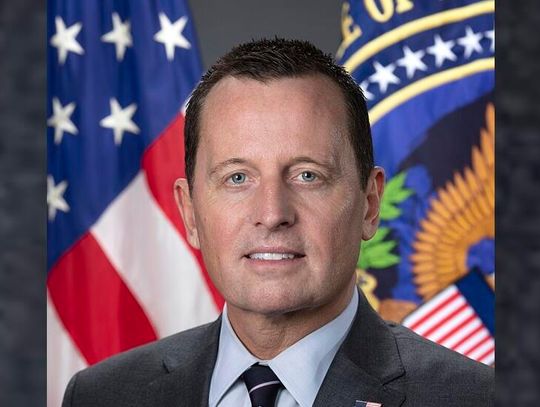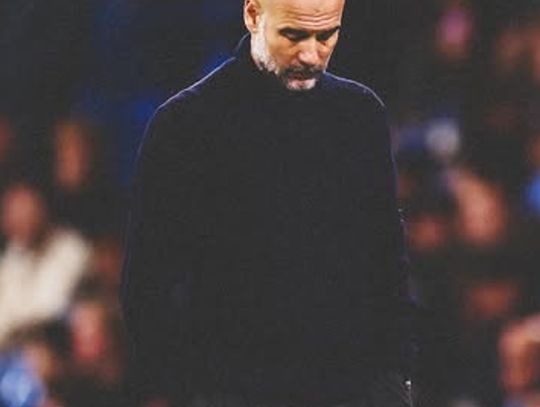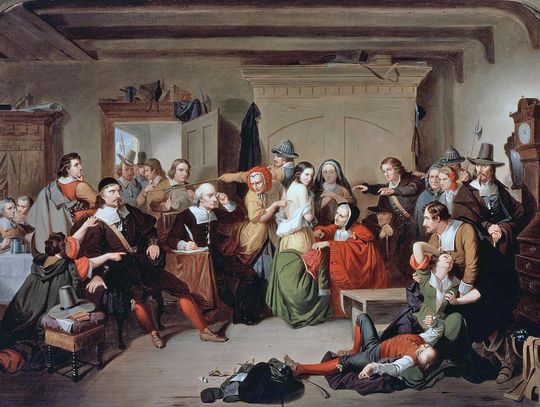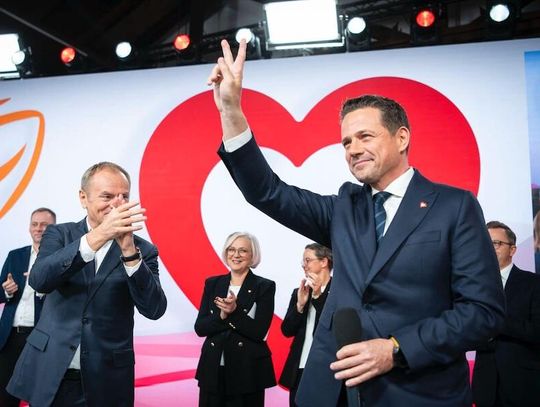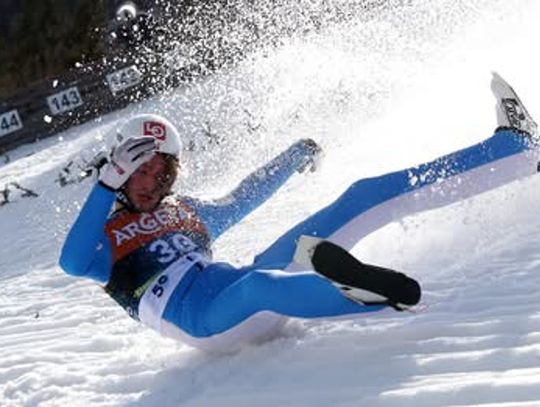President Bronisław Komorowski and other government officials have taken part in events commemorating the Katyn massacre, which saw around 20,000 Polish officers killed under Stalin’s orders.
Commemoration events took place by the Tomb of the Unknown Soldier on Piłsudski Square in the center of Warsaw.
“Our freedom is the effect of the efforts of a number of Polish generations,” said President Bronisław Komorowski at the commemoration ceremony, adding that “the 20th century did not see any crime like the one committed in Katyn”.
Earlier on Friday, Defence Minister Siemoniak underlined that this year’s events are important both for the ministry as well as the Army in general, as it commemorates the death of tens of thousands of its officers at the hands of the NKVD, the Soviet secret police.
A new museum covering the Katyn massacre, to be housed at the Warsaw Citadel, is also set to be opened this year, Siemoniak said.
On 3 April 1940 that the NKVD started its transports of Polish officers from the internment camp of Kozelsk, followed by the camps of Ostashkov and Starobelsk.
Among the 22,000 dead were Polish army afficers, as well as policemen, and other members of the intelligentsia: artists, doctors, teachers and lawyers.
The Katyn massacre was officially kept under wraps by the Soviets until 1990, with Russian president Boris Yeltsin going on to release the first documents pertaining to the massacre two years later.
However, General Władysław Anders – who led the 2nd Polish Corps from Russia through the Persian Corridor into Palestine and onto the Battle of Monte Cassino – told Radio Free Europe in 1957 that the Katyn massacre was just one element of the criminality of the Communist regime.
The bodies of the Poles were found in 1943 by Nazi German soldiers, although Soviet propaganda, as well as the official line held by the Polish People’s Republic, was that the crime was perpetrated by the Germans. (jb)
Reklama




